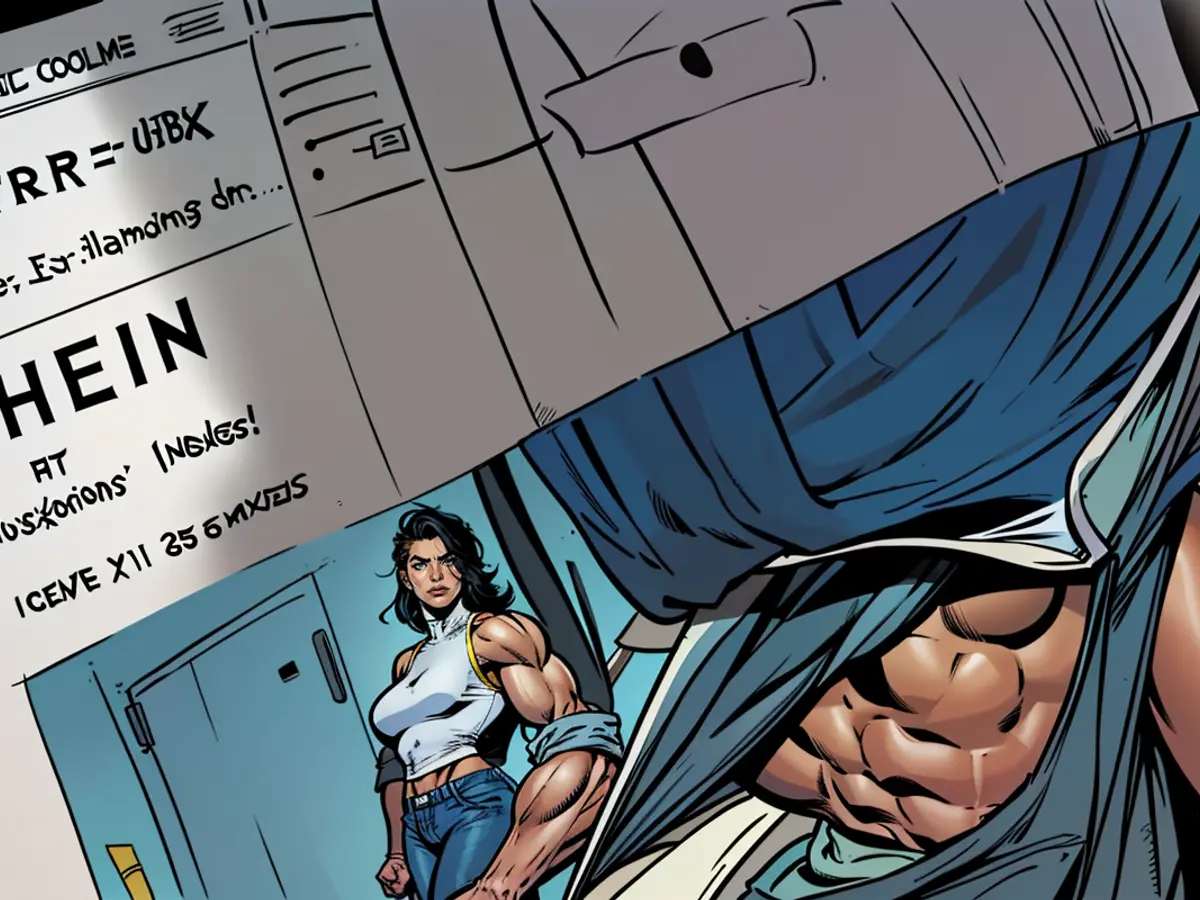Online retailer - Shopping portal Shein invests 250 million euros in sustainability
The controversial Asian online retailer Shein plans to invest 250 million Euro in the European Union and the UK over the next five years into a "future-oriented fashion industry." The "cornerstone of the investment program" is, according to the company based in Singapore, a "Circular Economy Fund" (Circular Economy Fund), for which Shein will provide a starting capital of 200 million Euro.
The fund builds on existing initiatives of the fashion retailer to promote research and development as well as innovations in the field of the circular economy in the fashion industry. "This will support start-ups and companies in Europe that develop the technologies and solutions of tomorrow."
Further 50 million Euro are intended for the promotion of brands, designers and craftspeople, according to the corporation. They are supposed to help them build up their online businesses using the services of the "Shein Marketplace." In addition, it is to be explored whether and how Shein production facilities can be established in the EU or in the UK.
Criticism of "Fast Fashion"
In the past, the shopping portal made a name for itself above all as a provider of "Fast Fashion" - that is, as a provider of clothing items that are mainly produced cheaply in China and replaced by consumers after a short time with new items. Shein is strongly present on social media platforms such as Instagram, Tiktok or YouTube and is able to quickly adapt production to meet demand, thus keeping the amount of unsold clothing items small.
Critics question the sustainability of this business model. The German Consumer Central Association (VZBV) accused the online retailer at the end of April of using manipulative designs on its website to pressure users into purchasing. In addition, consumer advocates complained about complicated complaint procedures and hidden contact options. Shein thus violated the Digital Services Act (DSA) of the European Union multiple times.
Violation of EU law?
The DSA of the European Union obliges online platforms to provide EU-wide consumer protection and transparency. Design tricks are prohibited. The European Commission demanded more information from the online retailers Temu and Shein on this matter at the end of June.
Shein did not address the criticism in its investment announcement. The multi-million euro funding includes investments in start-ups that deal with innovations in the field of textile-to-textile recycling and similar topics, explained the corporation. The funding also includes the conclusion of purchase agreements or other commercial partnerships with established start-ups that already have production capacities for recycled textiles or new and eco-friendlier fibers.
- Shein's investment of 250 million Euro in Europe and the UK aims to foster a sustainable fashion industry, with a significant portion allocated to a Circular Economy Fund.
- The Circular Economy Fund, initiated by Shein in Europe, will support start-ups and companies developing innovative circular economy solutions in the textile industry.
- Shein plans to allocate 50 million Euro to promote brands, designers, and craftspeople in Europe, helping them to boost their online presence through the Shein Marketplace.
- The possibility of establishing Shein's production facilities in the EU or UK is being explored, potentially contributing to local textile production and reducing carbon emissions associated with long-distance transportation.
- In the past, Shein has been criticized for its "Fast Fashion" business model, with concerns over sustainability and the use of manipulative marketing tactics on its website.
- Despite these criticisms, Shein's investment plan includes collaborations with start-ups focusing on textile-to-textile recycling and the development of eco-friendly fibers, demonstrating a commitment to reducing its environmental footprint in trade with China and beyond.








